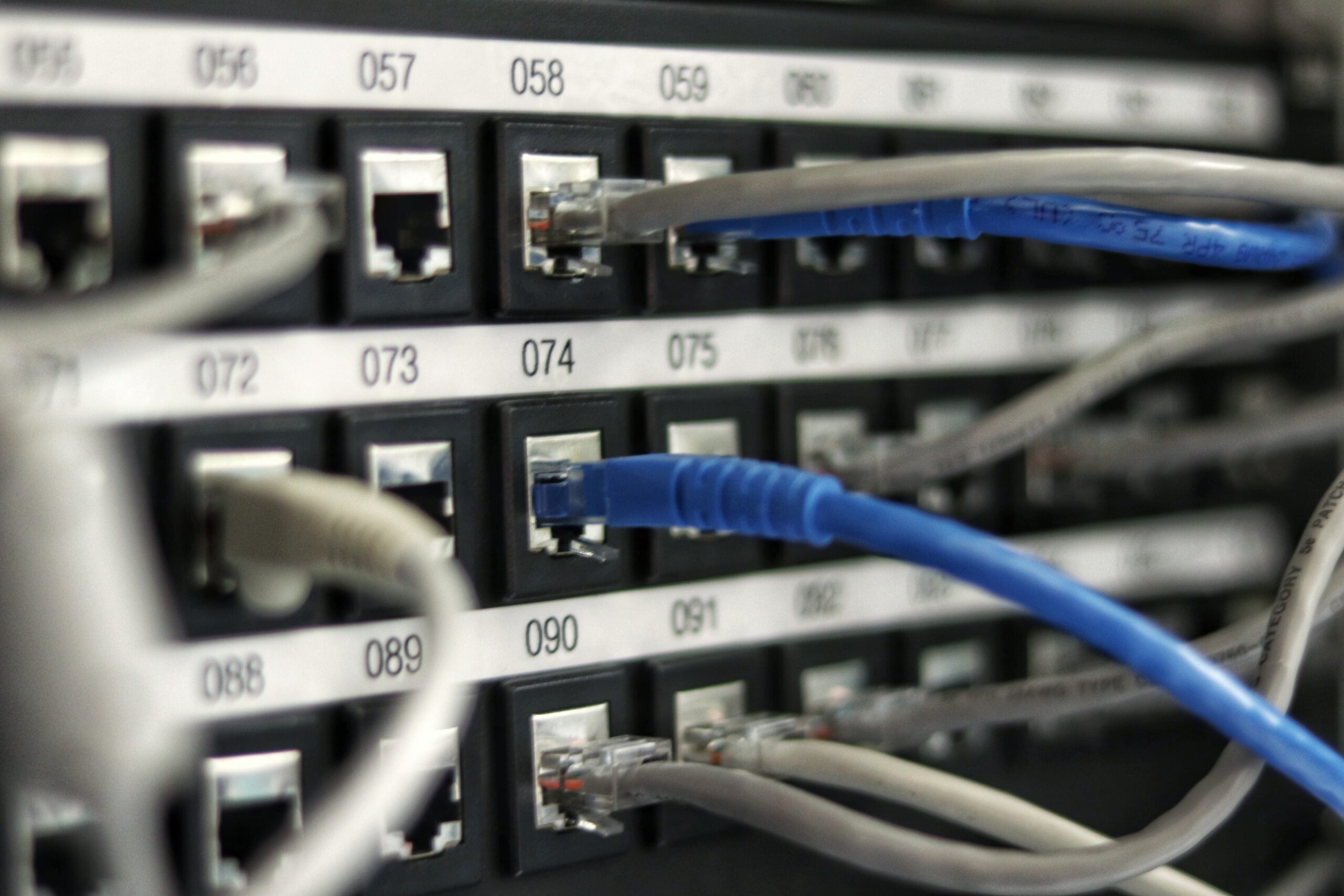Protecting Your Business from Cloud Security Breaches
Cloud-based solutions have never been more popular for small to medium-sized businesses, and it’s easy to see why. The convenience and potential offered by the cloud means businesses can operate and grow at a greater pace. However, just as it’s important to be vigilant from cyberattacks to your local network, you need to protect your business from cloud security breaches.

Cloud-based solutions have never been more popular for small to medium-sized businesses, and it’s easy to see why. The convenience and potential offered by the cloud means businesses can operate and grow at a greater pace. However, just as it’s important to be vigilant from cyberattacks to your local network, you need to protect your business from cloud security breaches. Here are some tips to get started.
Malware from malicious files
We’ve talked before about how a common malware delivery system occurs through malicious files, such as those from Microsoft Word docs and OneNote files. If you download such a malicious file to your computer, its goal will be to run its code on your machine, and compromise your data.
However, it can also affect cloud security as well, if you system regularly backs up your local files to the cloud. Consider the following situation: A scammer sends you a malicious file to your computer, designed to wreak havoc in your system’s cloud storage. You download the file to your machine, where it is placed in your local downloads folder. The automatic backup system then copies that file and places it in the cloud, where it now has access to its target system. Bad news.
Make sure each user understands their responsibility
While Hollywood makes hacking look like something external, often the weak points in an organizations come from individuals themselves. Hackers target these individuals to break into systems, either through phishing schemes (similar to the event highlighted above), or through real-life spying. If an employee leaves their passwords on their desk, that’s a risk. If an employee finds a USB drive on the ground and plugs it into their work computer, that’s a risk.
Practice proper identity management
In cloud-based systems, it’s important to practice proper identity management to ensure one point of entry doesn’t bring the whole system down. That means each employee should have a strong means of authentication (a strong and unique password in addition to multi-factor authentication), and only have access to the resources they need to perform their tasks. That way, the risk of being compromised is reduced. And, even if one employee is compromised, hackers only have access to a limited slice of the system: If the employee had access to the whole thing, so too would the hackers.
Cloud misconfiguration
When moving your systems to the cloud, you run the risk of misconfiguration, in which glitches or gaps could expose your sensitive information and lead to ransomware and other cyberattacks. While there are many potential misconfiguration weak points, there are some general tips for shoring up your security:
- Mind cloud-based permissions, and disable any and all that aren’t necessary.
- Make sure your clients are authorized users, and not just authenticated users, as the latter may not be authorized to access your data.
- Limit your inbound and outbound traffic to only necessary connections.
- Pay close attention to instructions or best practices from all third-party software and services used.
Share This
More Articles

Jul. 23, 2024
Watch Out for Wire Transfer Fraud

Jul. 23, 2024
What Are Business Email Compromises?

Jul. 16, 2024
Google Might Spend $23 Billion to Acquire a Cybersecurity Startup

Jul. 16, 2024
Did You Know Your iPhone Can Identify Plants and Animals?

Jul. 08, 2024
Did You Know Your iPhone Can Read Things to You?
View All
